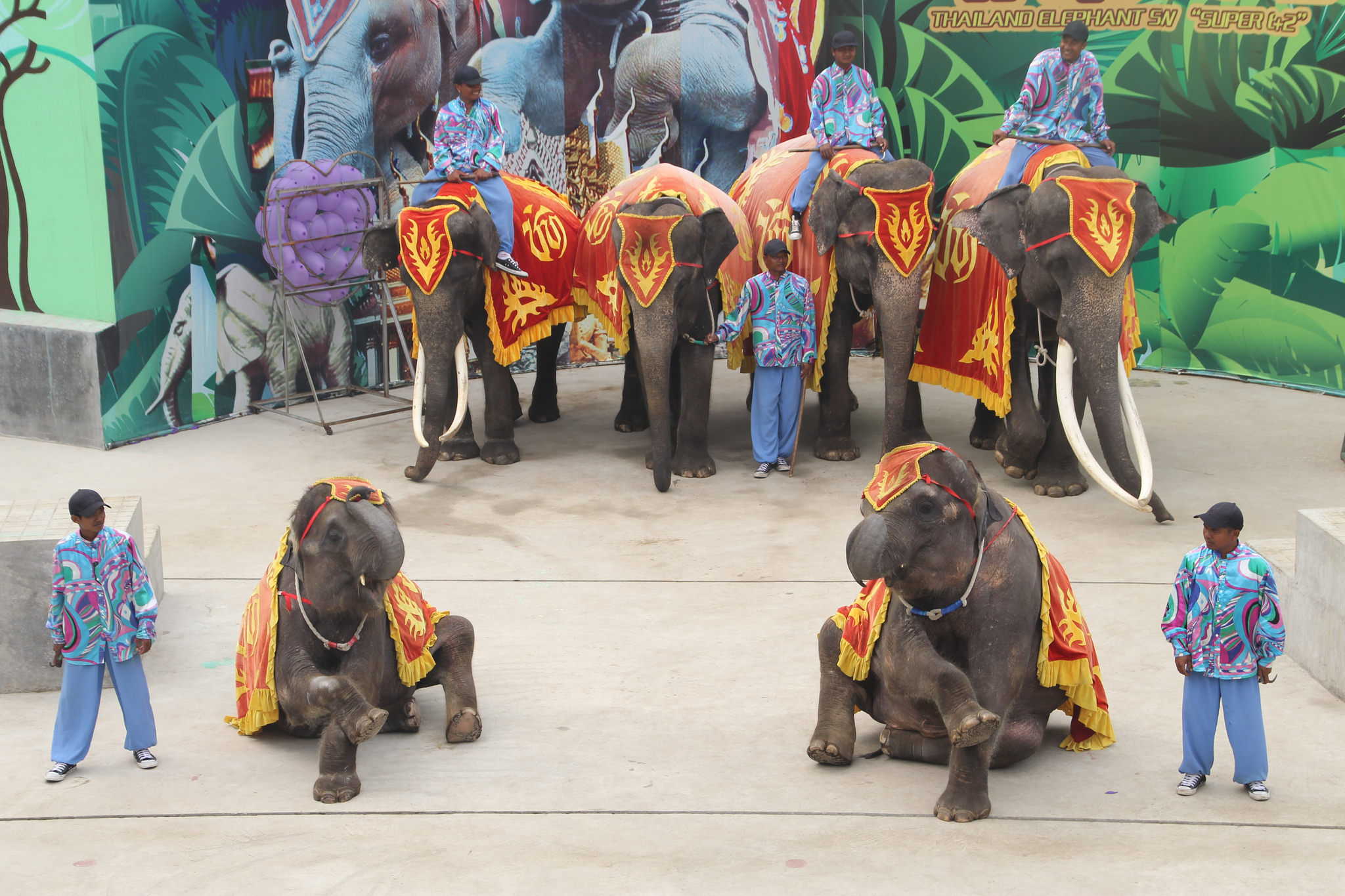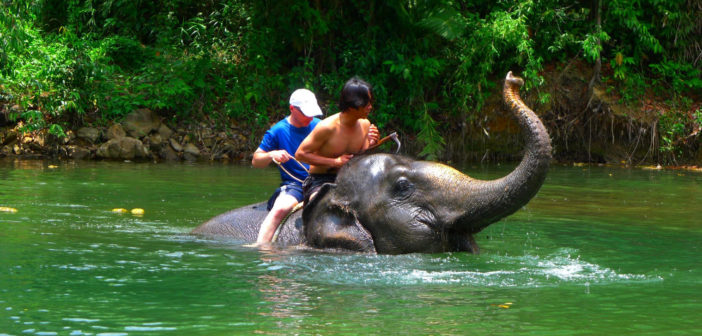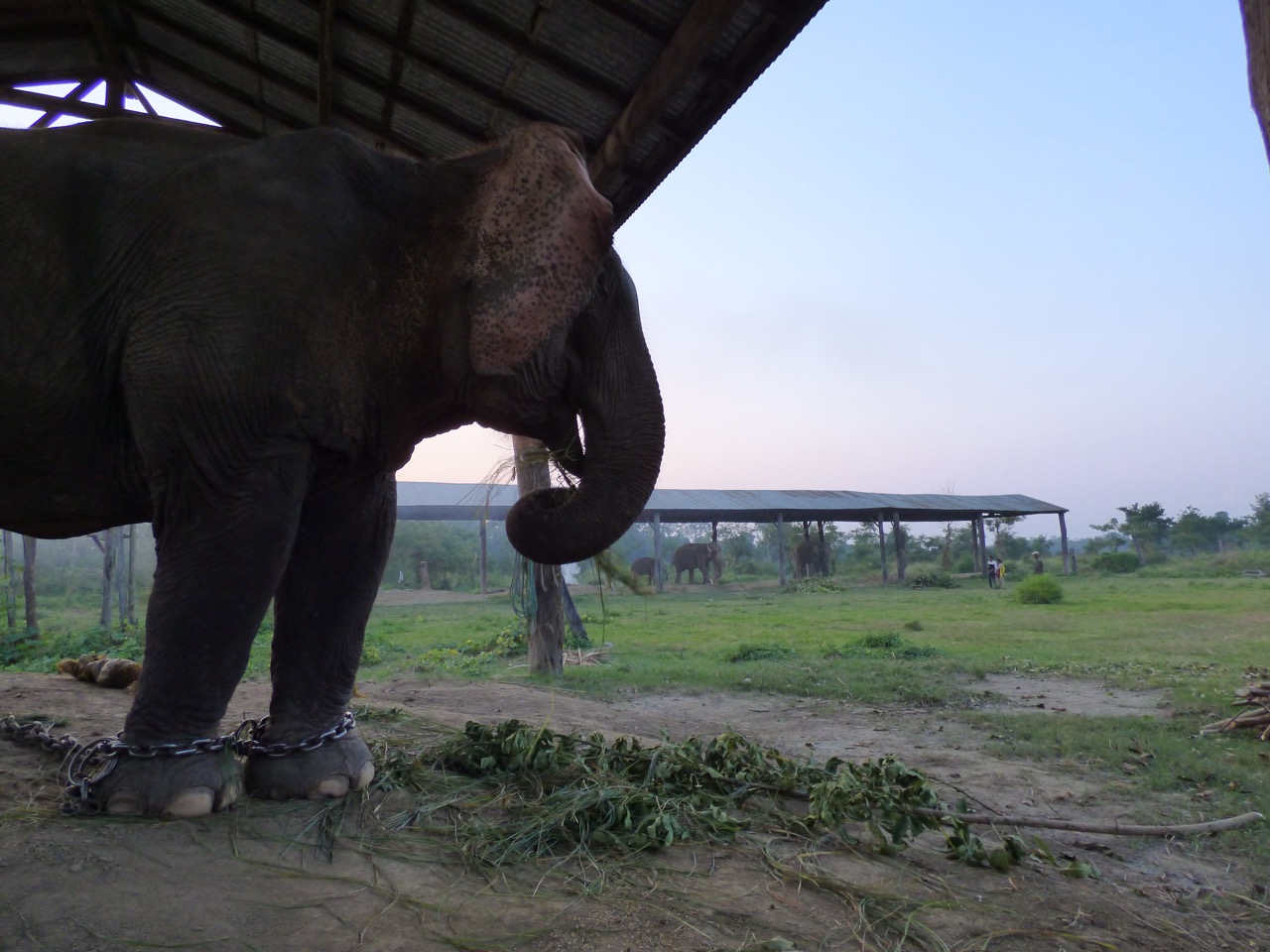Following a recent incident in Thailand in which a male elephant killed his owner, Friends of the Earth Malaysia (FOEM) is once again asking questions about the wider issues surrounding the use of elephants in tourism.
Elephant rides are a popular tourist activity in Thailand, Cambodia, Nepal, other parts of Asia and some regions of Africa. It is not as common here in Malaysia, though there are some locations in the country offering elephant riding activities.
The appeal of elephant treks is clear. In many ways an elephant ride is the equivalent experience to swimming with dolphins in the wild. However, there is a dark side to elephant tourism that many people are not aware of.
Wild elephants will not allow humans to ride on them. In order to tame a wild elephant, they are tortured to break their mind, body and spirit. They are subjected to extremely cruel training practices, including repeated beatings and stabbings with bull hooks, and starvation and deprivation of sleep for many days. This is the generally accepted practice elephants have to undergo in Thailand to be trained for tourism, circuses and other forms of entertainment.
The many abuses captive elephants undergo have prompted international animal groups and celebrities to take a stand against elephant riding. One such person is the renowned French animal activist Brigitte Bardot, who wrote to the Natural Resource and Environment Minister (NRE) to release Lasah, a Malaysian elephant held captive in Langkawi for rides, to an elephant sanctuary.
Despite their size, elephants are not designed for carrying people on their backs all day, and can suffer permanent spinal injuries from doing so. It is not just the weight on their spines that hurts them, but also the consequences of having the chair or howdah attached to their backs. The contraption rubs on their backs, causing blisters that can get infected. Then there is the wear and tear on the elephants’ feet. Long term trekking can cause foot infections and chronic foot and joint problems. Scars and injuries from bull hooks and chains are often visible as well.
Outside of the tourists’ visiting hours, many elephants display behaviours such as pacing and repetitive swaying from side to side. These are signs of distress and boredom, resulting from the lack of stimulation, enrichment, or freedom to express natural behaviour while restrained on short chains, leading solitary lives under inadequate conditions. Forcing elephants to carry people around all day deprives them of all these needs.
In order to feed the booming elephant tourism industry, a continuous supply of elephants is needed. Hunting them from the wild can result in the deaths of up to five adult elephants per captured calf, as herd members attempt to protect their young. Calves may die from being prematurely separated from their mothers, or from the cruel subduing and training procedures. Scientists estimate that between 50 and 100 young elephants are captured every year in Myanmar alone, and then smuggled to Thailand where there is money to be made.

Elephant show at the Dalian Forest Zoo in China. Image credit Animals Asia, Flickr, CC BY-NC 2.0
Responsible tourists have the power to reduce demand and change the industry now. They can help by convincing travel companies and tour operators to stop promoting attractions that profit from elephant cruelty. Riding an elephant may seem like a once-in-a-lifetime experience, but it costs a lifetime of suffering for the elephant, and can also pose very serious safety risks for tourists.
Tourists are often given the impression they are contributing to a good cause, and encouraged to continue supporting such activities. But this is often an exploitation of the tourists’ concern for elephants. Travel companies should stop selling tickets or promoting venues that offer elephant rides or shows.
It is not uncommon for tourist events in which elephants are featured to result in dangerous accidents. This danger, much like the cruel treatment of the elephants, is rarely made public to tourists and the travel industry.
The use of elephants in tourism is clearly fueling cruelty, and the demand for elephants to feed the tourism industry has resulted in the organised illegal trade of wild elephants in parts of Asia. The way elephants are treated is nothing less than shockingly cruel and disgraceful, and elephant rides and all other activities using elephants in the name of entertainment should be banned.
S M Mohd Idris
President
Friends of the Earth Malaysia (FOEM)
Featured image: Elephant trek in Ko Chang, Thailand. Image credit V.T. Polywoda, Flickr, CC BY-NC-ND 2.0






